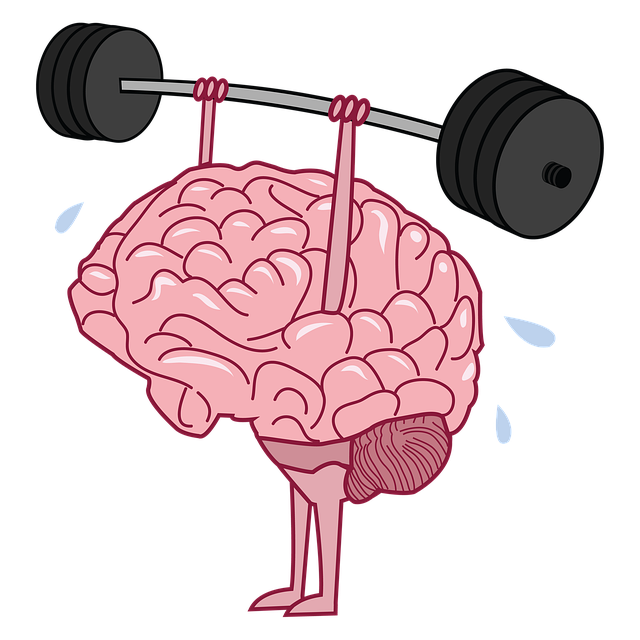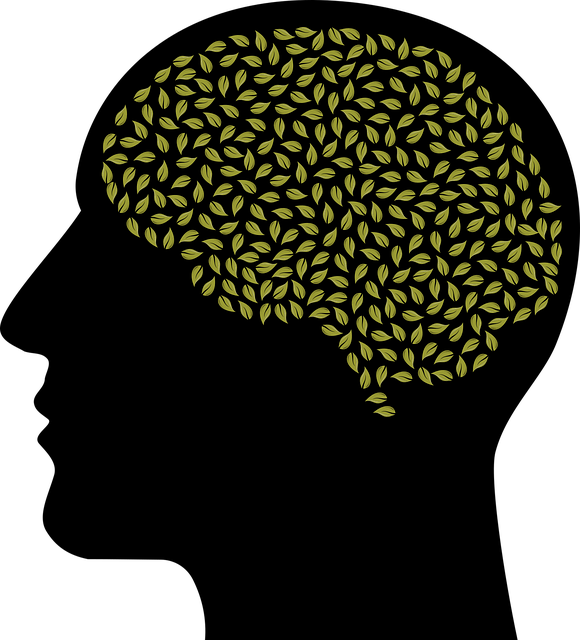Crisis Intervention Teams (CITs), including programs by Lafayette Anger Management Therapy, are vital resources for communities dealing with mental health crises. These teams, comprising diverse professionals, offer specialized support, de-escalating high-risk situations and reducing law enforcement involvement. Using techniques like mindfulness meditation and self-awareness exercises, CITs enhance emotional regulation through trauma support services, fostering community well-being. Through tailored, culturally competent programs, Lafayette Anger Management Therapy empowers individuals to manage anger constructively, ensuring accessible outreach and long-term positive change in emotional well-being.
Crisis intervention team (CIT) training programs are essential resources for communities aiming to enhance mental health support. This article explores the critical role of these teams in managing crises effectively, with a specific focus on the integration of anger management techniques. We delve into the benefits of Lafayette Anger Management Therapy programs, providing insights into their implementation and evaluation. By understanding CITs’ capabilities and the power of anger management strategies, communities can better equip themselves to navigate and de-escalate potentially devastating situations.
- Understanding Crisis Intervention Teams: A Vital Resource for Communities
- The Role of Anger Management in Crisis Team Training
- Implementing and Evaluating Effective Lafayette Anger Management Therapy Programs
Understanding Crisis Intervention Teams: A Vital Resource for Communities

Crisis Intervention Teams (CITs) are a vital resource for communities, providing immediate and specialized support during moments of intense crisis or distress. These teams consist of trained professionals from various disciplines who work collaboratively to assess and de-escalate high-risk situations, offering a safety net for individuals facing emotional, psychological, or behavioral challenges. CITs have proven to be highly effective in reducing the need for law enforcement involvement in mental health emergencies, fostering safer communities, and providing more appropriate care.
In today’s world, where stress, anxiety, and mental health issues are prevalent, having a dedicated CIT can make a significant difference. Lafayette Anger Management Therapy, for instance, offers specialized training programs that equip individuals with the skills to recognize and manage anger effectively. By incorporating mindfulness meditation and self-awareness exercises, these programs not only enhance emotional regulation but also contribute to overall community well-being. Additionally, trauma support services play a crucial role in CITs, ensuring that individuals receive comprehensive care when facing past traumas or experiencing acute stress.
The Role of Anger Management in Crisis Team Training

In crisis intervention team training programs, anger management plays a pivotal role in equipping professionals to handle high-stress situations effectively. Lafayette Anger Management Therapy offers valuable insights into understanding and managing intense emotions, which are often present during crises. By incorporating techniques to recognize and de-escalate anger, team members can foster a more calm and productive environment, ultimately enhancing their ability to provide support and resolve conflicts.
The integration of compassion cultivation practices within these training programs further strengthens the crisis team’s capacity to respond empathically. Encouraging professionals to cultivate self-awareness and emotional regulation enables them to connect with individuals in distress on a deeper level. This, coupled with healthcare provider cultural competency training and community outreach program implementation, ensures that the crisis intervention team is well-prepared to address diverse needs within various communities.
Implementing and Evaluating Effective Lafayette Anger Management Therapy Programs

Implementing and evaluating effective Lafayette Anger Management Therapy programs is a multifaceted process that requires careful consideration of various factors. These programs play a pivotal role in empowering individuals to manage their anger constructively, thereby enhancing their emotional well-being and reducing potential harm to themselves or others. A successful therapy program should be tailored to meet the unique needs of participants, taking into account cultural competency and inclusivity. Healthcare providers trained in these areas can facilitate more effective sessions by understanding and respecting diverse perspectives and backgrounds.
Community outreach programs can significantly boost the impact of Lafayette Anger Management Therapy. By integrating these initiatives, therapists can engage hard-to-reach populations and promote emotional well-being on a larger scale. Evaluating the program’s effectiveness involves assessing participant progress through regular assessments, feedback sessions, and tracking long-term outcomes. This comprehensive approach ensures that the therapy programs are not just successful in the short term but also foster sustainable positive change.
Crisis intervention team training programs, particularly those focusing on Lafayette Anger Management Therapy, are indispensable tools for communities aiming to enhance mental health support. By equipping teams with effective strategies, such as those outlined in this article, we can improve crisis response, foster better outcomes, and create safer environments. Integrating anger management techniques into these programs is a game-changer, enabling professionals to navigate complex situations with empathy and skill. Through continuous evaluation and adaptation, we can ensure these interventions remain relevant and impactful in helping individuals and communities cope with crises effectively.














